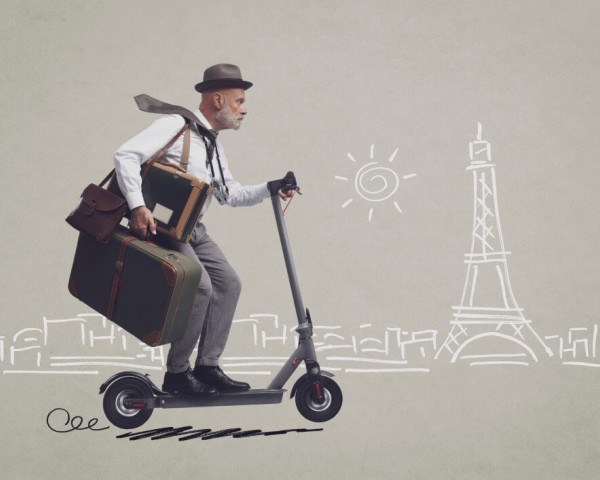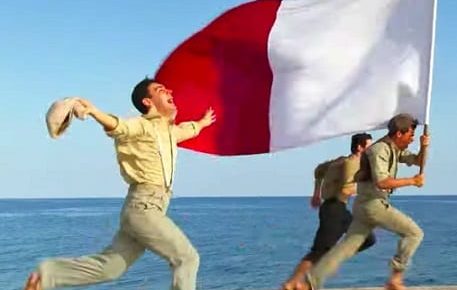A few months before the Rugby World Cup and a year before the Olympic Games, the French capital must juggle its ambitious environmental goals with its desire to remain the world’s leading tourist destination.
In July 2021, the Sustainable Tourism Conference set the French capital’s two goals. The first is to restore the flow of travelers to pre-pandemic levels. The second is to make tourism sustainable.
The first goal is almost achieved. With 11.6 million tourists in Greater Paris between January and April 2023, the capital is close to 2019 levels, within 2.5%. This is good news for a sector that accounted for 13% of GDP and 15% of jobs in Greater Paris in 2021.
The ecological goal is to be carbon neutral and fully renewable by 2050. The Agency for Ecological Transition (Ademe) estimates annual water consumption could triple nationwide in tourism-heavy areas. Annual energy use could quadruple.
The Capital of Sustainable Tourism
Ademe is ambitious to make Paris the “capital of sustainable tourism” in the run-up to the Olympic Games. Waste production is a real problem. According to Ademe, it increases by 27% in tourist areas. The city has set a goal of eliminating all single-use plastics by the 2024 Olympics. The goal is also to eliminate plastic from nightlife. For example, experts say a nightclub uses 600 to 700 plastic bottles per weekend.
The city plans the development of water fountains and the development of bicycle tourism to avoid tourist buses. It wants to introduce water taxis and create bicycle parking in front of hotels and tourist sites. These pilot projects will be tested this summer.
The Challenge of Hospitality
Another tourism challenge in Paris is hotel price increases. Compared to 2019, there was a price increase of 28.1% in Paris and 30.4% in the Paris region. The city tourism authorities underline Airbnb’s lack of willingness to dialogue.
It’s planned to set Airbnb quotas in certain districts. Faced with the risk of an explosion of supply, experts warn against the fantasy of Airbnb. The authorities don’t expect the number of tourists to double.




